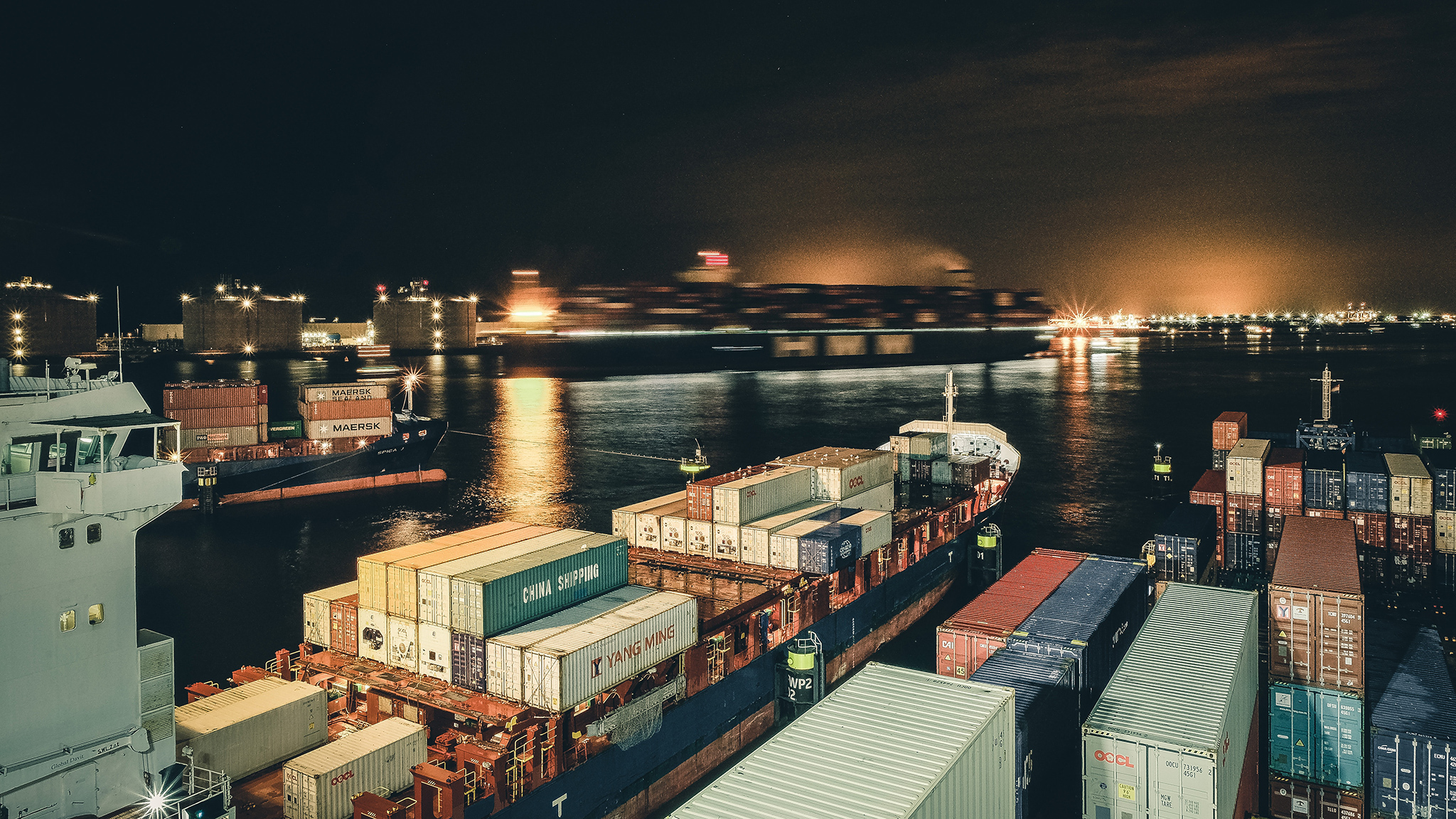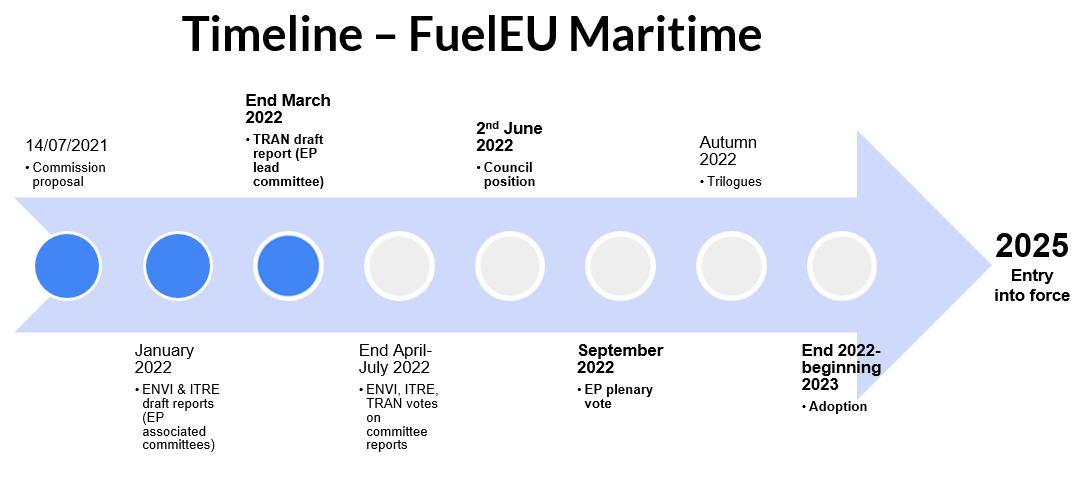Aspen Shipping Decarbonization Initiative: Tackling an Urgent Challenge for #OceanClimateAction
Posted October 14, 2021 • coZEV

Photo by Andrey Sharpilo on Unsplash
With the launch of the coZEV 2040 Ambition Statement, take a look back at this blog by the Aspen Shipping Decarbonization Initiative team on the role of maritime shipping decarbonization toward #OceanClimateAction success! To learn more, read the entire blog post on the Aspen Institute's website.
The Aspen Institute’s Energy and Environment Program (EEP) has a more than 50 year track record of working on hard-to-address energy and environmental issues. EEP’s approach is grounded in the Aspen Institute’s philosophy that humanity makes progress when thinkers and do’ers from different backgrounds and perspectives come together to solve critical problems. The program also embraces the power of artful convenings with open minded individuals to illuminate new and innovative pathways forward.
In order to meet the Intergovernmental Panel on Climate Change’s (IPCC) call to keep global warming under 2° Celsius, and preferably 1.5°, we know that we must reduce global GHG emissions by nearly half by 2030 and achieve a net-zero global economy by 2050. This means that every emitting sector must contribute to this mission. In recent years, at EEP we’ve convened leaders and stakeholders to address this challenge across numerous sectors, focusing on issues such as modernization of America’s electricity grids, agricultural decarbonization, coastal management and resilience, building cooperation between the U.S. and other nations on international climate action, reforming the U.S. school system to contribute to climate solutions, and the potential for carbon capture, utilization, and storage to contribute to the solutions mix, among many other topics.
As the ocean has begun to take a center stage in climate conversations through the #OceanClimateAction movement, we are now turning our attention and convening power toward issues at the ocean-climate interface. And we’re starting with the immense challenge of decarbonizing the global maritime shipping sector.


